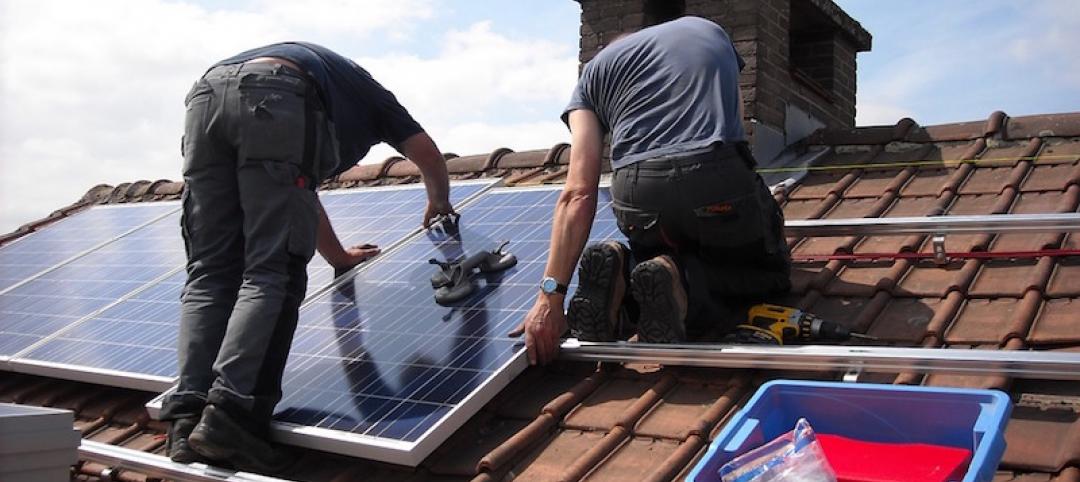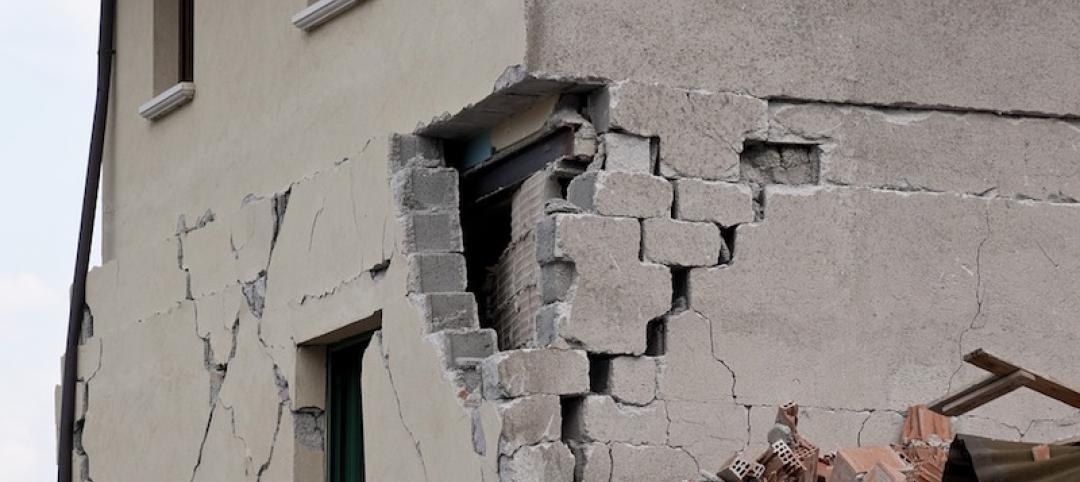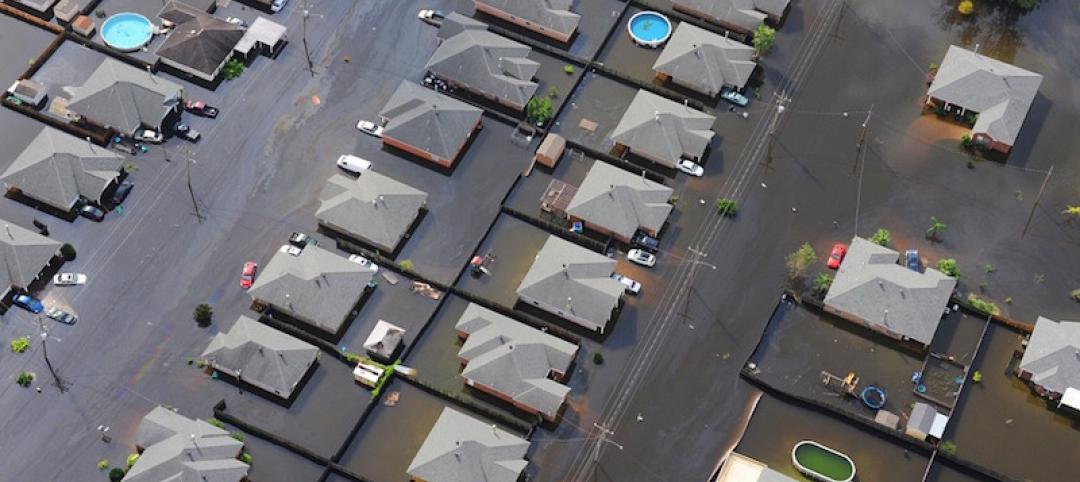A lack of metrics and associated data to establish current performance is holding back efforts to improve water and energy efficiency at sports venues, according to a new report from the National Institute of Building Sciences (NIBS).
More data is needed at both an individual venue level and across the building type, the report says. “Some venues do not have the tools, resources, or training to effectively manage and measure their performance, while those that have undertaken steps to improve do not have the data to compare themselves with their peers to determine if they are leading the pack or if there is still much more to be done,” it says.
NIBS, the Green SportsAlliance, and the Environmental Protection Agency are working to fill in the knowledge gap, but more data from arenas and stadiums is needed. Improving efficiency requires cooperation from operations and other departments,sponsors, vendors and concessionaires, government, utilities, allied organizations, leagues and conferences, management companies, designers,athletes, and fans, the report says.
The report recommends using financing mechanisms to improve access to capital. Technologies and practices of particular interest include lighting, renewable energy,refrigeration, occupant comfort, field maintenance (including irrigation, grow lights, and hydronics), plumbing, and metering, measurement, and verification tools.
Related Stories
Codes and Standards | Feb 26, 2018
Bolstering energy efficiency would produce significant health benefits, ACEEE study says
Reducing energy consumption by 15% would save six lives a day.
Codes and Standards | Feb 22, 2018
GBCI will certify underwriting standard for energy efficiency projects
Investor Ready Energy Efficiency (IREE) certification aims to boost confidence in predicted energy and financial savings.
Codes and Standards | Feb 21, 2018
FEMA document provides simplified seismic design provisions for low-hazard regions
Forty four states have areas defined as low-hazard.
Codes and Standards | Feb 20, 2018
Federal budget includes disaster mitigation provisions
Bipartisan bill encourages states to adopt latest building codes.
Codes and Standards | Feb 19, 2018
Easy access to indoor environment controls yields improved efficiency and workplace productivity
JLL/Purdue University project is developing algorithms to improve indoor comfort.
Codes and Standards | Feb 14, 2018
After Energy Star stopped certifying medical properties, a REIT developed its own certification
Welltower uses internal system to evaluate total building performance.
Codes and Standards | Feb 13, 2018
Rezoning, innovative investor enabling development of a “metroburb” in New Jersey
Indoor mixed-use “Main Street” blossoms in giant former Bell Labs building.
Codes and Standards | Feb 12, 2018
Publication provides insight into managing risk of wind-borne debris damage
Explains how models and data are used to assess the risk of structural damage.
Codes and Standards | Feb 8, 2018
EPA’s Water of the U.S. rule delayed for two years while repeal sought
Controversial Obama-era regulation may never be implemented.
Codes and Standards | Feb 5, 2018
Astrophysicist turns his skills toward identifying and predicting location of vacant buildings
Project could help Baltimore and other cities redevelop blighted properties.

















